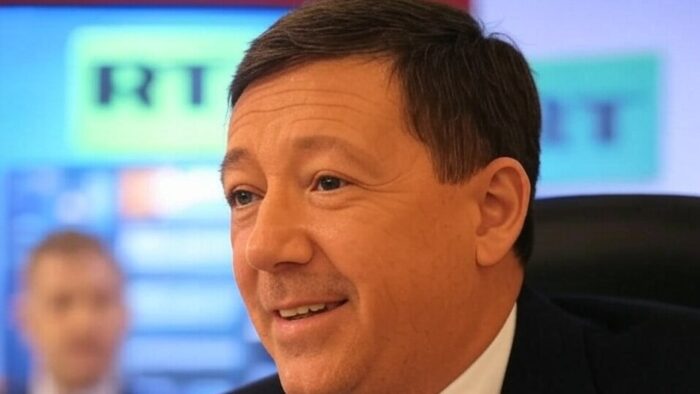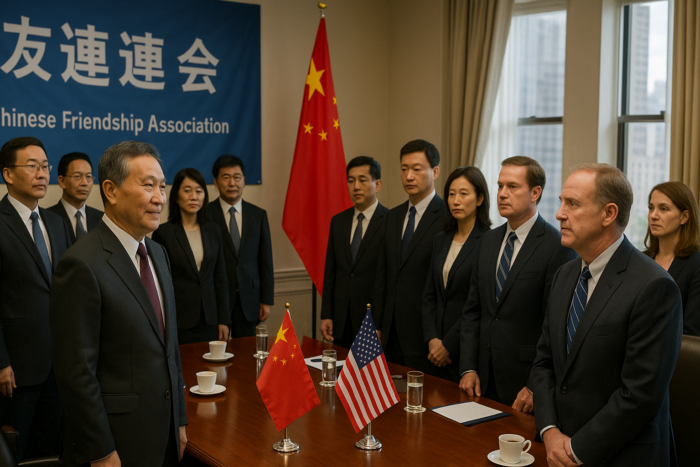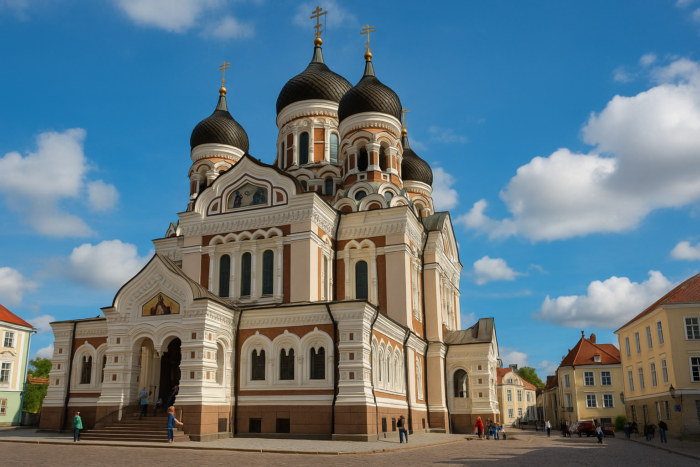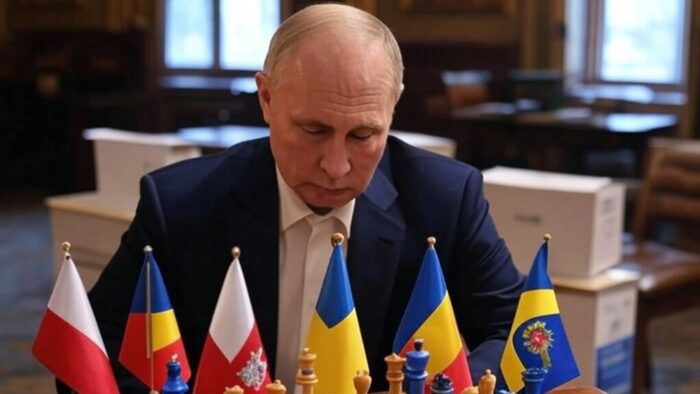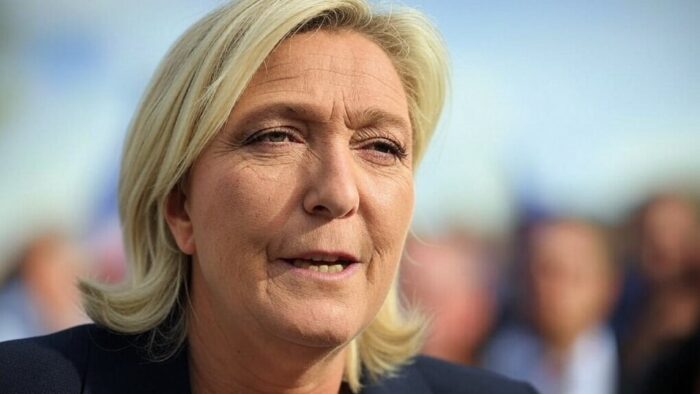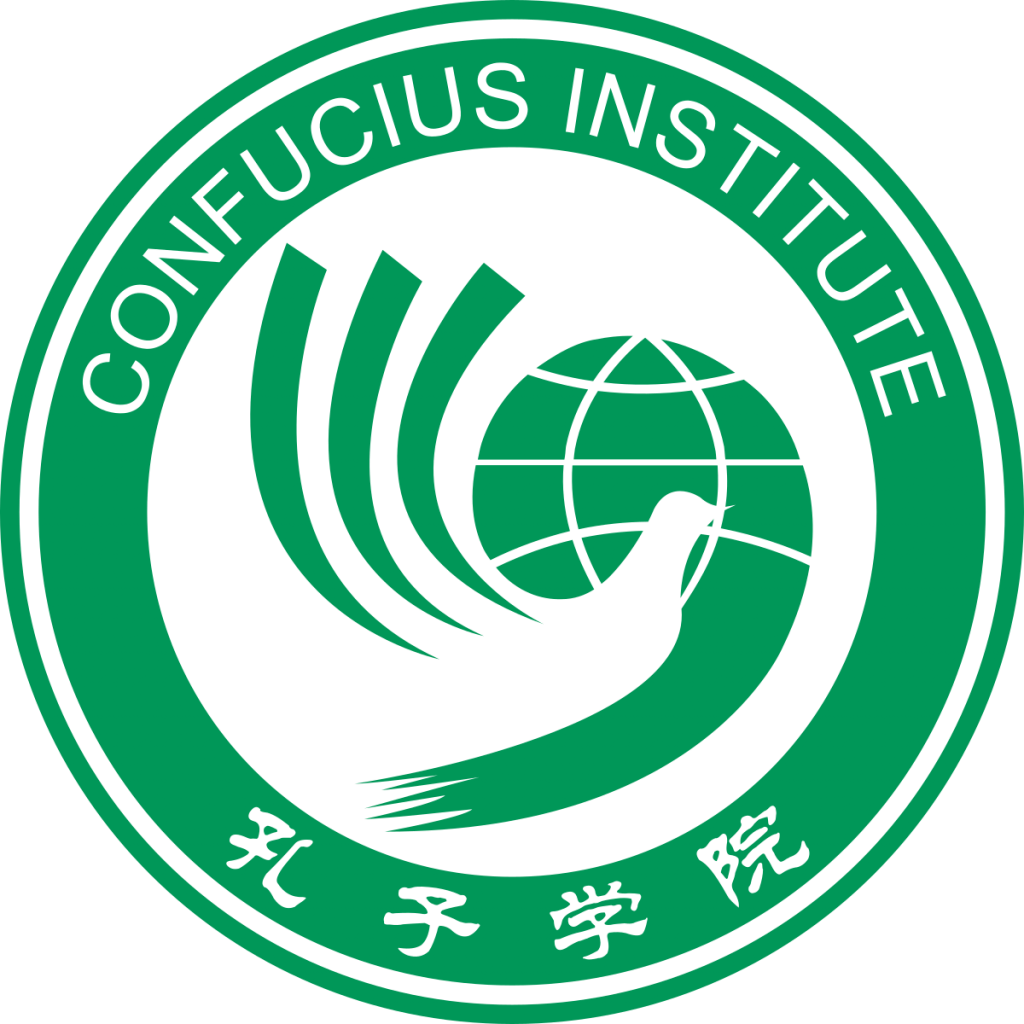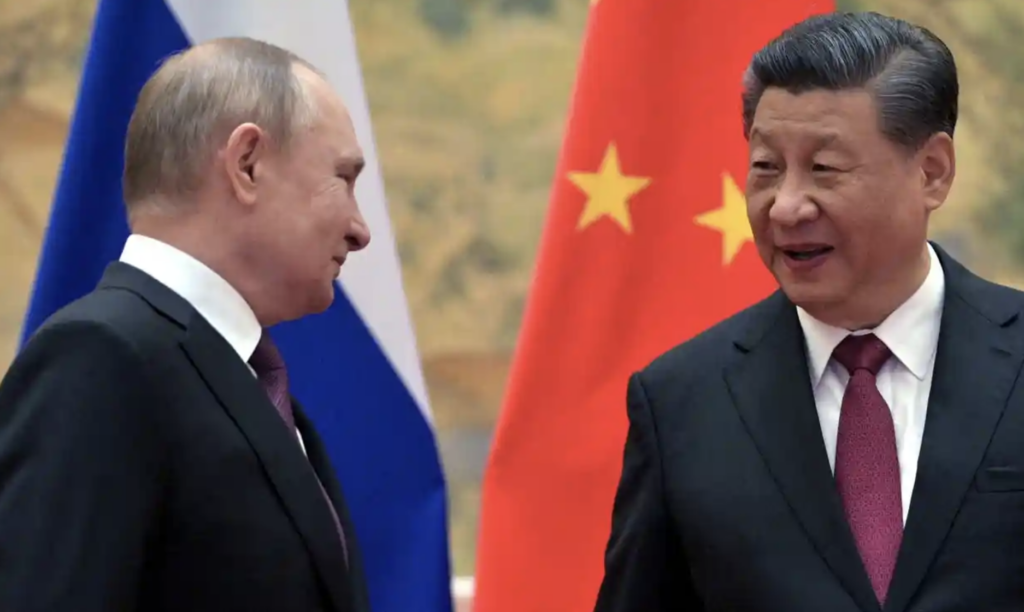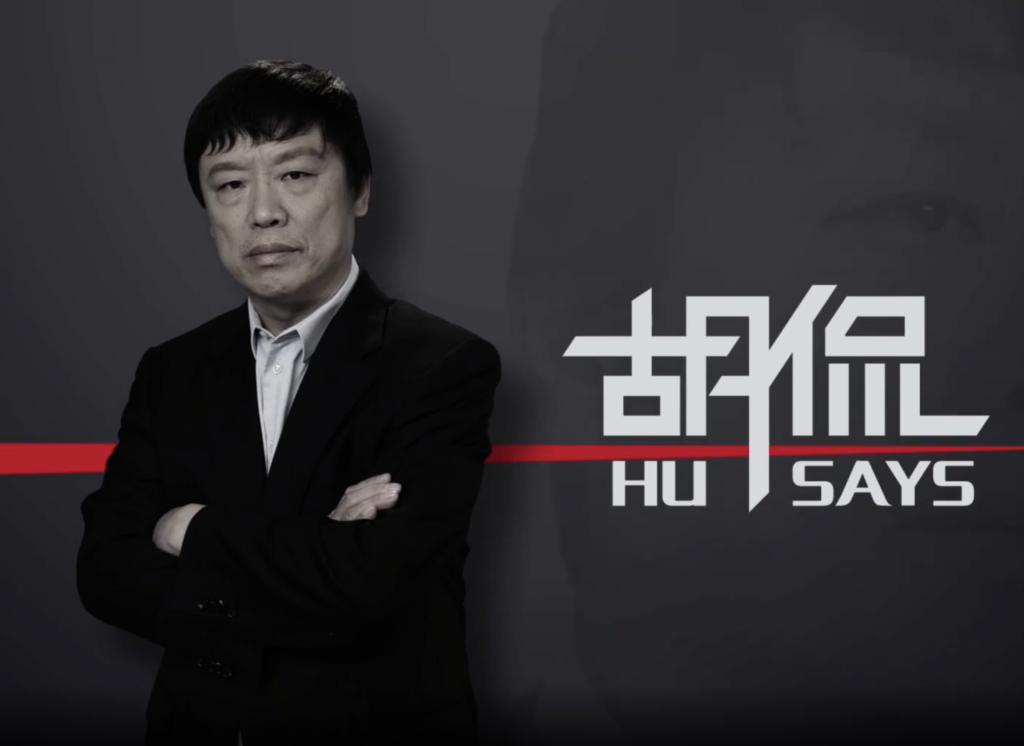US media reported last month that China’s officials and state media are increasingly parroting Russian propaganda organs on the war in Ukraine, undercutting US and European diplomatic efforts, even after the killings in Bucha. According to a report by the New York Times:
April 11, 2022 Only a month ago, the White House warned China not to amplify Russia’s campaign to sow disinformation about the war in Ukraine. The Chinese efforts have intensified anyway, contradicting and disputing the policies of NATO capitals, even as Russia faced renewed condemnation for the killings in Bucha and other atrocities in recent days. The result has been to create an alternate reality of the war — not just for the consumption of China’s citizens but also for a global audience. The propaganda has challenged the Western efforts to isolate Russia diplomatically, particularly in the Middle East, Africa and Latin America, which have been fertile ground for conspiracy theories and distrust of the United States.
Read the rest here.
Another US media report noted that three tactics appear to play an outsized role in China’s pro-Russia information warfare: Flagship state media echoing Russian state disinformation, manipulating social media hashtags and trending topics, and censorship of alternative viewpoints and information sources. According to a report by the Diplomat:
April 16, 2022 In the weeks since Putin’s invasion of Ukraine, three of China’s state media outlets – the CCP mouthpiece People’s Daily, the national broadcaster China Central Television (CCTV), and the nationalistic tabloid Global Times – have been particularly active in feeding Russian state propaganda to Chinese news consumers. Rather than simply promoting Moscow’s official views or statements, they have disseminated content that includes multiple outright falsehoods. […] The CCP regime has aided the dissemination of pro-Kremlin propaganda by manipulating hashtags and trending topics on domestic social media platforms. There have been numerous examples of Chinese state outlets creating hashtags linked to disinformation narratives that are then aggressively amplified. […] Even as they keep their algorithms and trending topics aligned with the government’s priorities, staff at Chinese social media platforms have been busy deleting content that departs from the official line. Among other targets, they have removed posts and open letters by prominent individuals within China who directly questioned the government’s support for Moscow, criticized Putin, voiced support for Ukraine, or decried nationalist netizens’ disregard for China’s own historical suffering at the hands of foreign invaders.
Read the rest here.
Following these media reports, the US government last week publicly criticized what it calls the “pro-Russia neutrality” of Chinese government officials who would “avoid explicit public endorsement or condemnation of Russia’s invasion” while simultaneously amplifying Moscow’s messaging, demonstrating support for Russia. According to a US State Department press release, the PRC toolbox for influencing public opinion on Ukraine includes the following;
- PRC and CCP media present unverified information and claims from Russia’s state-run media and officials. In a feedback loop, Russia’s state-run media then cite PRC and CCP media to portray Russia’s position as widely supported.
- PRC and CCP media favorably cover Russia’s false narratives while heavily censoring and editing U.S. and other officials from democratic countries and independent media, as well as critical voices from within the PRC, regarding Russia’s war against Ukraine and atrocities committed by Russia’s forces.
- PRC “wolf warrior” diplomats boost Kremlin narratives by amplifying and reposting content from fringe media outlets and anti-NATO and anti‑U.S. influencers who align with Beijing’s narratives. Frequently, this content appears in PRC, CCP, and Kremlin propaganda.
Read the rest here.
The Global Influence Operations Report has been reporting extensively on increasing evidence of coordination between Russian and Chinese disinformation on Ukraine. Recent reporting has included:
- On April 14, we reported that the EU foreign policy body found that China is frequently repeating Russian rhetoric on the Ukraine war, in many cases amplifying Russian disinformation.
- On April 7, we reported that close ties between Russian and Chinese state media and strict government control of information had allowed Russian disinformation on Ukraine to spread swiftly throughout China.
On March 16, we reported a disinformation researcher had found a clear overlap on Twitter between pro-Russian propaganda pushed by inauthentic accounts and genuine Chinese officials amplifying the US bioweapons conspiracy theory.
